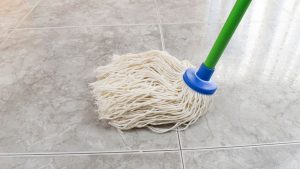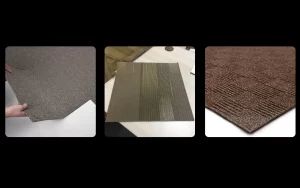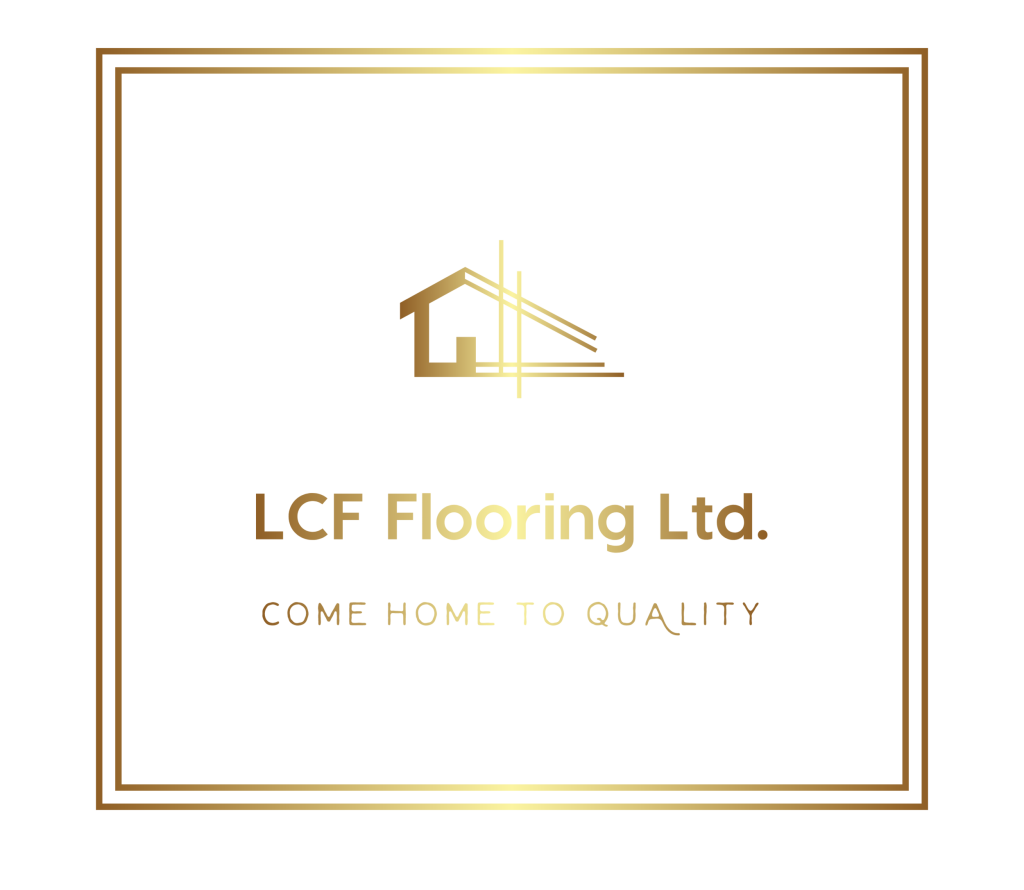If you don’t know a lot about hard surface flooring, you may be wondering: what is the difference between vinyl and laminate? Keep reading to find out!
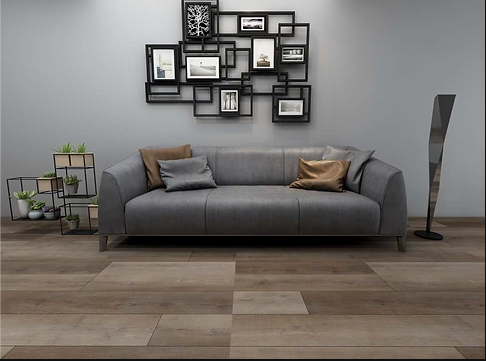
1. Core Composition
The main quality that is different between vinyl and laminate is their core composition. Luxury vinyl generally comes in two forms: SPC and PVC. SPC stands for Stone Plastic Composite, and is the more common material used in vinyl flooring. SPC stands for Polyvinyl Chloride, and is not as common as its counterpart.
Laminate, on the other hand, only comes in one core composition: WPC. WPC stands for Wood Plastic Composite; you might see this term used to describe some forms of vinyl plank, but that is generally when certain companies try to come up with their own hybrid type of vinyl and laminate flooring.
SPC vinyl is the most common type of plank you will find in any flooring showroom, and there’s good reason for that. Vinyl is generally cheaper, more waterproof, and easier to install than laminate. But that does not necessarily mean it is better for every application.
2. Impact Resistance
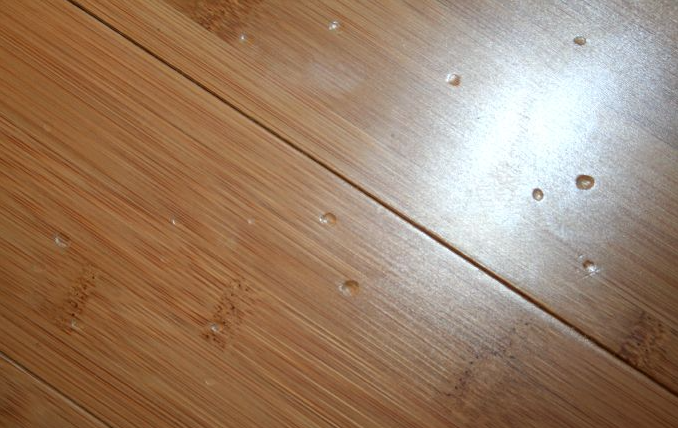
One of the best qualities of laminate flooring is its scratch and impact resistance. Though it is not as waterproof as vinyl flooring, you can guarantee that it will hold up better against dents.
The wood plastic composite core of laminate is stronger against impacts, much like a tree will hold up better to being hit by something than a sheet of stone. The bond between the plastic and the wood creates a sort of webbing in the core that doesn’t lose its shape as easily.
The flooring in your home may not get dented very often, but if it does happen, you can have more peace of mind when you step away from the vinyl flooring trends.
If you are set on using vinyl in your home, it is recommended to choose a SPC core over a PVC core, simply because it is more dent resistant. Though vinyl is less dent resistant overall, that does not mean that it is a weak material! Vinyl is great when you are looking for a product with a better price point, and it can be perfect for any space.
3. Waterproofing
One thing that vinyl wins at is its waterproof qualities! With no wood or organic materials used in its core or exterior layers, vinyl will not swell or rot when it gets wet. Most vinyl is click-locking, which gives an added barrier between any water and your subfloor below. If you have a basement that is prone to flooding, choosing a vinyl plank may benefit you.
Because of its high water resistance, vinyl is perfect to be used in all areas of the home. That’s right, even in the bathroom! When vinyl is properly installed, it can be just as waterproof as standard tile. Even better, vinyl comes in tile form as well!
However, don’t write off laminate just yet! Some companies have figured out a way to make laminate more waterproof in the last few years. A great example is Revwood by Mohawk. Mohawk has created their Revwood line with a new type of technology called WetProtect, and it is comparable to LVPs.
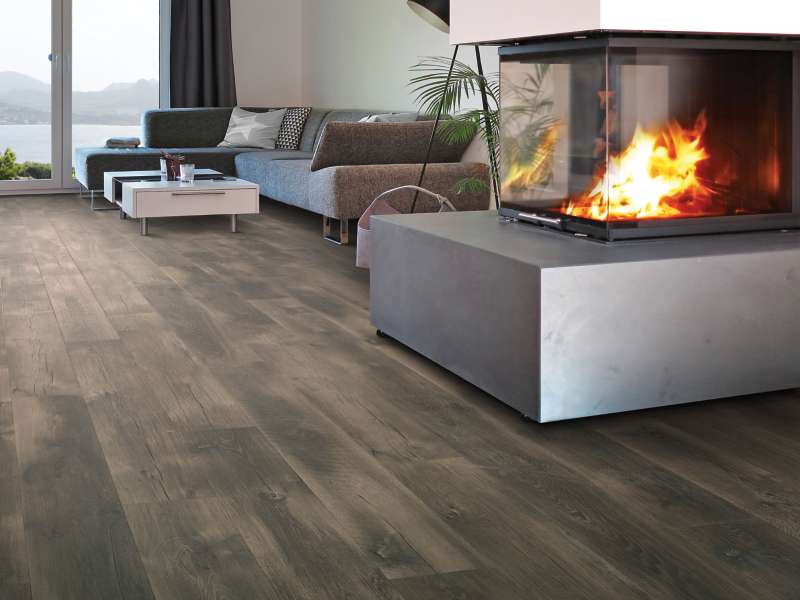
Aside from Revwood and some others, most laminate is at risk of swelling and rotting when it is exposed to standing water for prolonged periods of time. That is why it is not recommended to use it in your bathrooms, and is not the best choice for kitchens. It can be perfect for other spaces though, such as bedrooms, offices, living rooms and dining rooms.
4. Cost
One of the first questions you might have about your flooring is the cost. Usually, comparing the prices of two different materials is not always sensible, as there are different factors that go into determining the price. But with vinyl and laminate, the price point can be compared to a degree.
Laminate is generally more expensive than vinyl, which is why a lot of people choose to avoid it. But there are some companies that make an effort to make their laminate products more affordable, and they should not be overlooked.
When you are choosing a new floor for your home, it may not always be smart to choose the cheapest option. Sometimes the cheapest product available is also the worst in quality! If you want a product that will last you a lifetime, laminate may end up being the perfect choice for you to make.
Conclusion
Now that you know the main differences between laminate and vinyl, you will be ready to make an educated decision when choosing a new floor for your home. The best choice you can make is to choose LCF Flooring for your next home renovation project!


